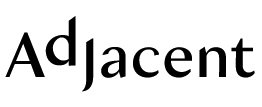Issue 2
The Double Life of the Hypersubject
L et’s start off by establishing a premise, one almost commonsensical in these times: that thing we call ‘I’ is to a large extent a narration, a more or less coherent set of affirmations and stories we repeat to ourselves and to others every day. It is the sum of the ideas we have about who we are. It is a variable configuration made up of language.
Let’s add the following hypothesis: the literary forms dominant at any given time exert great influence on how that subjectivity is assembled. They are the model and toolbox we use to put together our story.
Until recently, the dominant literary genre was the novel. By ‘dominant’ I mean the most popular, the one that readers spend the most time reading and that reaches even non-readers through a sort of cultural contagion.
The novel was born with modernity, and it brought with it the technical innovation of providing direct access to the inner world of the characters. Unlike theater, for example, where for the most part we are exposed only to what the actors say to each other, in the novel we can see what characters say to themselves. We are spies or intruders in the intimate space of thought, completely inaccessible in real life except for the privileged exception of our own mind. The magic of the fiction machinery is to allow us to be inside another as we are inside ourselves. It turns us into invaders who listen to other people’s thoughts.
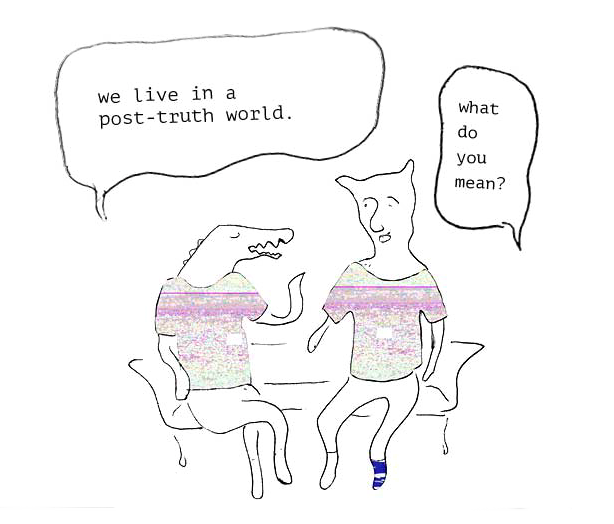
Reading a novel is also intimate: we are alone with the book. Both the theater and other oral genres (folk tales, epic poems) were associated with a social gathering. Stories were a way of being with others, a sharing and bonding ritual between two or more people. The novel, an effect of widespread literacy and the invention of the movable type printing press, is a form of deferred encounter to be enjoyed in solitude.
But what kind of life does the novel tell? It tells the life of a subject confronted with their own freedom, a subject that must grapple with that freedom through a series of vital decisions.
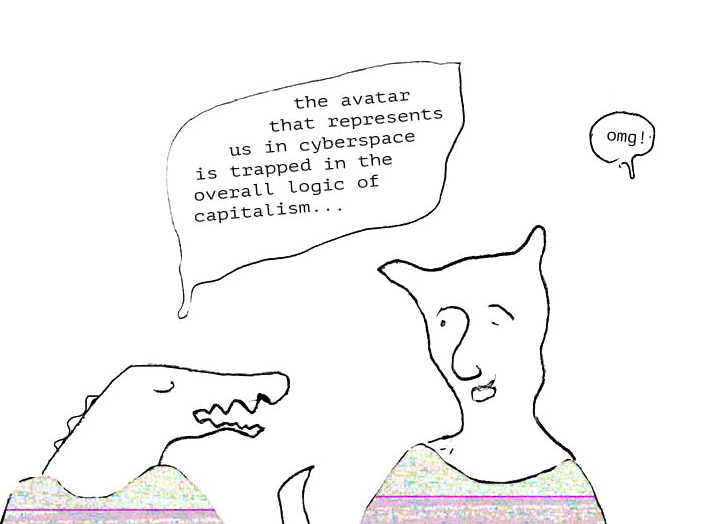
In traditional, pre-modern societies, freedom was not a serious problem: identities were largely established at birth, as were social rank, occupation or trade, marriage prospects, and aspirations. Rebellion against the established social order was risky and frowned upon. Each person had their place in the divine plan and their mission was to fulfill it properly.
The hero in the novel is the human subject who enjoys or is afflicted by that freedom, who faces the world armed with strength, will, and intelligence, but without a preset destiny. The scriptures ceased to be useful as instruction manual or model of the life we must live. We were now alone before the cosmos.
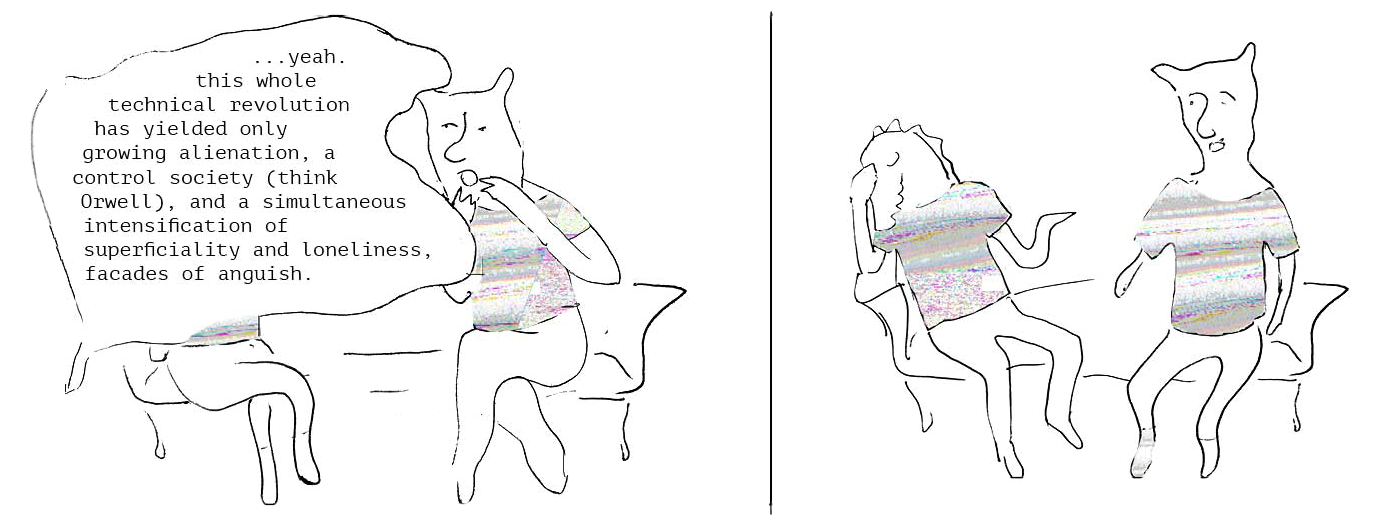
Under modernity, then, life was a novel. Each one was the hero of their own story, and the modern subject spent a great deal of time telling that story to others, as well as to themselves. The novel is organized in dramatic instances: the subject’s crowning moments are existential dilemmas, junctures where life-changing choices are made. A life was, in short, a chain of key scenes that explain and establish who that subject is.
Fragments from a History of the Present
Where do we stand now in relation to that model? The twentieth century witnessed many innovations brought forth by audiovisual media. Stories were consumed faster, in greater quantity and less detail, and industries emerged that made them an abundant good, a commodity. We began to live in a world saturated with stories.
But I would say that it is not until recently that the model of the novel has undergone a serious crisis. What, today, is the dominant literary genre? If determined by the amount of time we spend reading it every day, that genre would undoubtedly be the hypertext on the Internet, and in particular the never-ending series of posts on social networks like Facebook, Twitter, Instagram, and others.
It might seem strange to call a personalized, automated collection of contents a ‘genre’, on par with the long history and many rules that make the novel a very specific way of telling a story. However, they are both genres in the basic sense of conventional structures to organize text, produce meaning and set reader expectations. In any case, it is true that the hypertext in social networks is not just an assortment of micro-narrations, but also inherits from essays, journalism, poetry and others. Its unruly mix of biography, news, fake news, jokes, tutorials, aphorisms and so on progresses in complete ignorance of the old difference between fiction and non-fiction.
To use Facebook’s terminology, we could call the endless scrollable queue of information bits a ‘news feed.’ The feed, in its fragmentary, discontinuous form, does not resemble any of the traditional genres. It is more like an internal dialogue, which jumps from one thing to another with little coherence — or maybe even worse, since a human mind has at least the tenuous thread of free association, while in the feed the relationship between one fragment and the next is random and a posteriori.
Since there is no continuity, the experience of the feed is a sort of eternal present: each post lives in its own time as, perhaps, an instance of a separate and virtual narrative line that is the job of the reader to reconstruct from the memory of other posts on the same topic. There is nothing like the suspense or narrative tension that pushes a novel’s plot line forward; instead, we have a flux with no direction, just curiosity and a vague expectation that the next bit of information that appears on the screen will be more interesting or surprising than the last.
The ongoing presence of the feed arguably gives us access to the event, understood as that which is happening in the world right now. It is the story of the present. That implies that the world itself is perpetually changing; a thing in a state of flux. Unlike in the novel, where the world was a relatively stable background against which the hero acted, in the feed we find ourselves motionless before the screen, beholding as in an aleph 1 a world that never ceases to move and transform before our eyes.
Crucial as well to the feed is, of course, the fact that we are not merely readers of it: we can insert our own bits of information in the flow, and become co-authors of that collective text. In the world of the novel, a few writers wrote for many readers. But now writing has been democratized: we all read and we all write, in a continuous feedback loop of production and consumption. According to our initial hypothesis, this new kind of literature must have a correlate in a new kind of subject, one ‘written’ under this paradigm: the subject of the hypertext or, briefly, the hyper-subject.
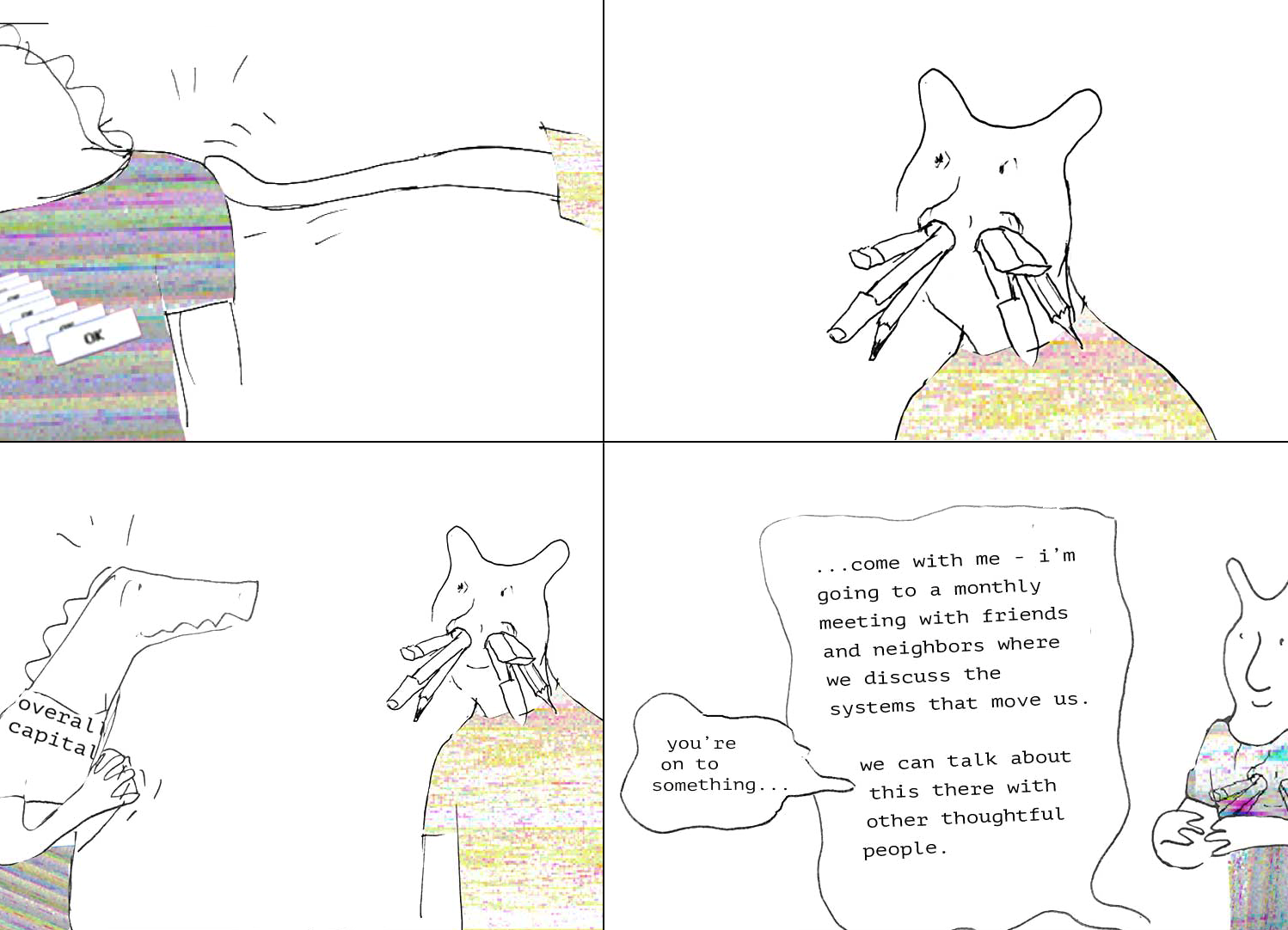
The Dream of a Happy Literature
In an interview in 1974, Roland Barthes imagined a practice that did not produce novels, poetry, essays—the main forms of literary modernism. He envisioned “a certain utopian idea of literature, or of writing, a happy writing.2” The texts would circulate in small groups of “friends,” outside any commercial framework. At the heart of the practice would be “the desire to write, the enjoyment of writing and the enjoyment of reading;” the chasm between reading and writing would be bridged.
Film and television were still essentially modern insofar as they did not break from the asymmetric model of the novel (and of visual art, music, etc.), where a few producers produce information for many consumers, who receive it passively. That’s how mass culture worked under the model of broadcasting. Barthes’ utopian vision was different; it went beyond the fundamental asymmetries and hierarchies of modern capitalism. His was a horizontal, symmetrical, distributed model closer to dialogue than to discourse.
In 1984, Vilém Flusser had a similar vision. He proposed a distinction between “fascist threads” that trickle down in bundles (fasces) from centers of power to peripheral nodes, and “antifascist threads,” that run transversally, connecting nodes directly without circuiting through the centers of power at all.3 Flusser wrote before the Internet was a fact of life, but he captured technology’s potential for the future development of dialogue-oriented channels—which he considered a glimmer of hope in a culturally homogenous and hegemonic world.
We live today, with startling intensity, in some version of Barthes and Flusser’s utopias: we freely exchange information in groups bound by friendship and common interests, in a continuum of reading and writing with no entry barriers or commercial mediations. However, while technology may have delivered us to this promised land of universal dialogue, its utopian character is not at all certain.
To start with, the effect of ‘happy’ writing is often boredom or exhaustion. The feed becomes homogeneous, repetitive, meaningless. Hyper-communication leaves us more isolated. Information overload doesn’t let us say what really matters. As Boris Groys says, the Marxist vision of a society where we are all artists, (that is, all creators of information), is not a utopia but a nightmare.4
Second, the power hubs are still intact. But rather than produce any content, they manage and distribute the pieces of information we, the users, produce, while recording each of our actions on their servers for commercial purposes. Thus, Google and Facebook are among the largest corporations in the world, while we assist, concerned and nostalgic, in the decline of traditional media companies, endangered survivors from the era of broadcasting.
Finally, we are witnessing the alarming spectacle of ‘antifascist threads’ conveying, in fact, fascist information. The hardly utopian effects include the resurgence of the right and of reactionary discourses around the world. Affinity groups turn into content bubbles—a perfect breeding ground for extreme opinions and delusional thinking with no contact with reality or a different point of view to keep it in check.
Inconveniences of Living in a Utopia
The Internet is literally a ‘u-topia’; a non-place that is instead between all places as it collapses geographic, social, and cultural distances. It is the non-place where all humans could meet as simply human, in a conversation not regulated by the weight of the collective identities that usually mediate our exchanges: sex, age, class, culture, nationality.
This utopia has proven, however, deeply paradoxical. It is at least three things at once: an aleph that allows us to witness the flow of the whole world on the luminous frame of a screen; a panopticon where everything we see, click on, and write is recorded on the vast servers of global corporations and security agencies; and a global village where we can, at least potentially, converse with anyone and form associations based on shared interest with no limits of any kind.
Deciding whether the Internet is a ‘good’ or ‘bad’ thing—case closed—would be a flagrant act of naivety or intellectual laziness, an attempt to get out of grappling with this contradictory nature, with the fact that all of its aspects are essential and inextricably linked to each other.
As technical infrastructure, the Internet has enacted a kind of literary socialism, where we are both readers and writers. For now, its primary form is the feed. Is that form short or long? Hard to say: although posts tend to be short—Twitter built its success on a limit to the number of characters—the feed itself is virtually infinite. Our attention is fragmented in many brief bits of information, but also riveted by an endless succession from which we often emerge with the distinct sense that we have been in there for too long.
The great vital decisions of the fictional hero have also undergone a process of atomization. In social networks, we are defined by the sum of our posts, reposts, comments, and likes. In a world with no narrative continuity, there are no dramatic knots, but a continuous accumulation of micro-decisions. The existential dilemma of times past becomes a series of clicks.
At the same time, this new species of hypersubject requires a perpetually renewed work of sustenance. In the present continuity of the feed, there is no story; memory is weak. Yesterday’s posts and likes are soon dragged into oblivion by digital currents. The ground moves under our feet. Like Alice’s Red Queen, we have to run to stay in the same place.5 The work of subjectivation becomes a daily routine, a full-time job.
Moreover, the informational environment of the hypersubject changes all the time, forcing it to respond to variable and unpredictable stimuli in a state of continuous adaptation. It is an identity in flux ruled, as Reinaldo Laddaga says, by an improvisation ideal.6 That context rewards virtuosity in the processing, combining, and producing of changing information; quickness, wit, and slogan-making is favored over thoughtfulness or complex narrations.
In the novel, the author had the power to access the interiority of all characters (in the case of an omniscient narrator), or at least one of them (in the case of first-person narration). In the feed, the opacity of others’ minds is not a problem: each of us takes on the task of revealing our intimate selves. Facebook asks us “What’s on your mind?” The distinction between public and private ceases to make sense. The feed is confessional: a public garden of interiorities open like flowers, each of them trying to make its particular essence known to others.
There is more at stake in this present state of hypercommunication than the collapse of any and all distance. In the era of the novel, socialization happened in specific places and times but now, thanks to the feed, and to e-mail and messaging applications, conversation is constant and ubiquitous. We live our lives immersed in full-time chatter. We are never alone anymore, even though, at the same time, many are more alone than ever. We are at once a hypersubject in a state of absolute communication, and an increasingly solitary and isolated hyposubject. We are, perhaps, in the process of becoming ‘hive minds’: like bees and ants, our individuality—so fundamental to modern man—is subordinated to impersonal processes of collective thought while our bodies become more and more isolated in confined spaces.
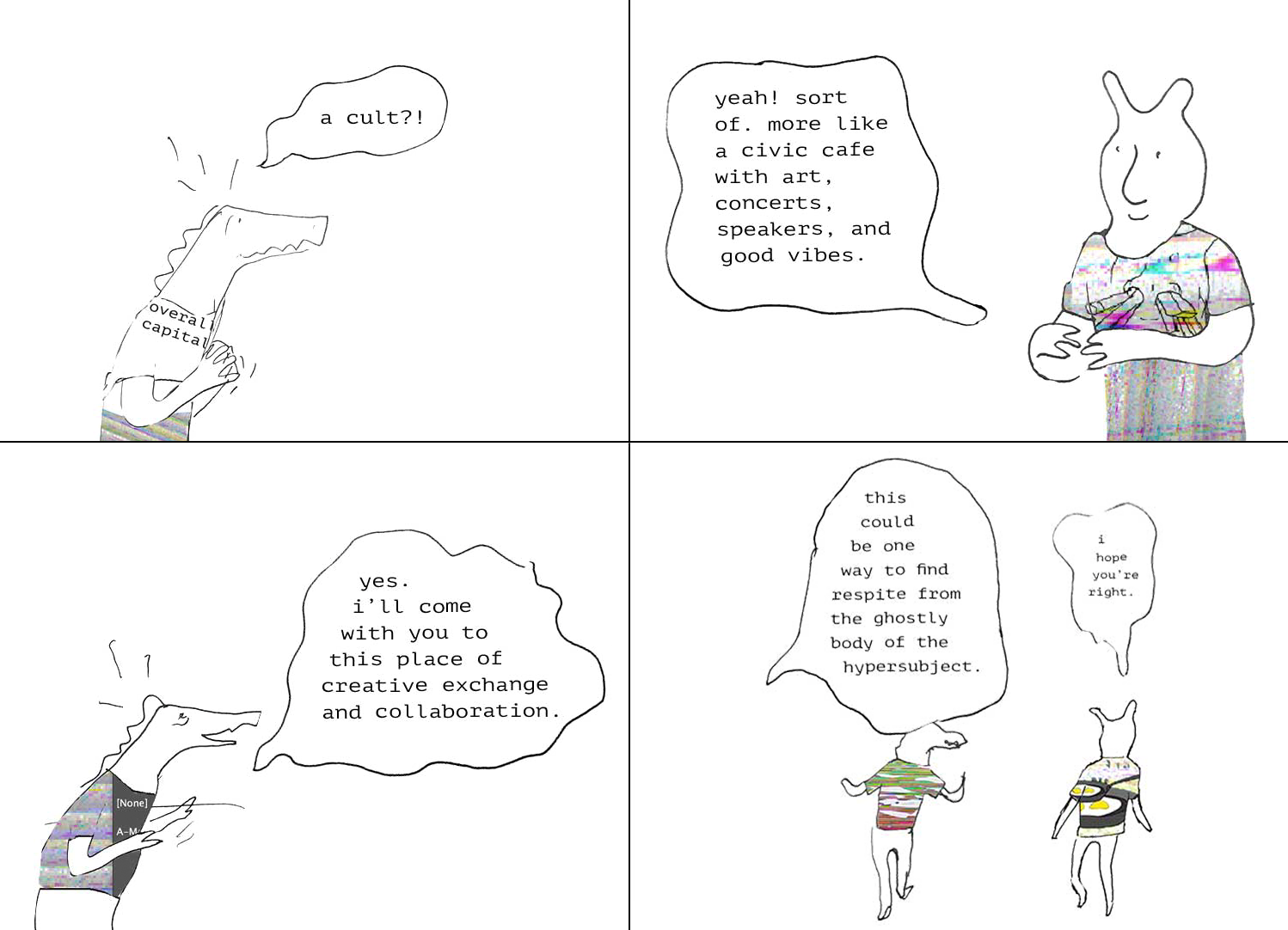
A Tale of Two Subjects
The novel was a powerful machine for the construction of meaning in the most basic sense of something that is going somewhere: the narrative arc tensed towards the end, and all the hero’s actions seemed to be explained and justified by the inevitable force of the story. As protagonists of our own novel, our lives were also filled by meaning. It is pertinent, then, that we ask ourselves: How does the feed build meaning? Or conversely, how does the hypersubject make sense of their own life?
In a very different way, that’s for sure. Meaning no longer lies in an epic quest or in the pursuit of an ultimate goal, but in the instantaneous reaction to present stimulus. Each click is a micro-meaning, a tiny arrow pointing in a certain direction that, along with others, forms a sort of ‘cloud of meaning’; the ghostly body of the hypersubject.
We could call that mighty current that pushes the novel’s plot forward ‘strong meaning’ and the breeze that carries the clicks in the hypertext ‘weak meaning.’ The former was linked to a subject deep in their dilemmas and decisions. The latter constitutes a surface subject, manifest in the effect of their actions on a screen.
Now, let’s get back to this idea that immaterial coexistence in the non-place of the Internet may promise a new way of life, the Tao of an eternal present, with fluid identities and the possibility of (re)inventing oneself beyond all external determinations: At last, the freedom to be whatever one wants.
We have reached that utopia without a single manifesto or revolution—indeed, we seem not to have noticed: we don’t know what happened and all of a sudden here we are. But, once again, this new world is not necessarily a happy one. The free creation of a virtual identity becomes, as Boris Groys says, an obligation of self-design.7 The avatar that represents us in cyberspace is primarily a product, trapped in the overall logic of Capitalism, and one ends up becoming one’s own marketing manager. The liberating lightness of the weak meaning becomes, at best, simulacrum, if not outright deceitful and false.
There are many ways to negotiate this transition between regimes of meaning. Some take it in stride or even welcome it with enthusiasm, while others endure it as an inevitable but unfortunate and exhausting affliction. The transition has not, however, been wholesale: We keep experiencing dramatic moments and suffering like the most traditional of fictional characters, talking about our family or romance novel with friends and therapists. That is to say, the hypersubject has not simply replaced the traditional subject and unburdened us of its weight. It is, rather, a sort of an appendix or extension: one more thing that we have to take care of.
Who knows? Maybe the children of today are destined for a world of weak meaning only. They may well turn out to be surface subjects living the moment, reinventing themselves at whim, with no need to justify their actions with stories or to think of themselves as protagonists of a novel. But at least for us transitional humans the only choice is this double life; this simultaneous and parallel existence as two subjects more or less related to each other but also inevitably out of sync, because they belong to different spaces and times . The hypersubject can be seen as a digital mask, an avatar that represents us in cyberspace. But also, increasingly, we can regard the historical subject as an infra-subject, the private and hidden—even somewhat shameful—remain of our shining immaterial identity. And we have not even touched on that third extra-linguistic form of the ‘I’ that is the physical body.
We have become, then, hybrid and divided beings, like centaurs… Or something even more bizarre, because the centaur had just one head, whereas the two subjects living side by side struggle for control in a game of never-ending tensions and contradictions. It’s as if the centaur had both a human head and a horse head, and they did not always agree on what to do or on what matters.8
The Land of Dissolving Identities
One final paradox of the hypersubject: Although it is an identity (or a continuously renewed identity process) that has very real consequences in our lives, all the interventions that constitute it are in immediate danger of becoming anonymous. The feed, by its very nature, undermines all authorship: anything that enters it is absorbed in an impersonal flow of signs and instantly separated from its origin through the acts of copying and reposting. The meme is a piece of information that, because it is appropriated by countless subjects, reproduces like a living being. The name of the initial creator of that information is almost always unknown and in any case irrelevant.
In more than one way then, the hypersubject is an identity on the verge of dissolution: First, by virtue of the current that drags everything swiftly into oblivion. Second, by easy absorption into anonymity of the pieces of information it produces. And third, by participation in collective and impersonal identities made of information bits that circulate through the web, nurturing their digital life with our likes and reposts.
Prone to connectivity, the informational space favors the dissolution of individual identities into collective identifications. The real world, slow and coarse as it is, makes it difficult not to meet different people. The web, though, tends to breed and reinforce all orders of fantasies, extremisms, and paranoid delusions. That is the dark side of its community-forming powers and the seed of our post-truth society, where no fact can withstand the interpretation and reciprocal confirmation of a group of hypersubjects with a fixed idea. That’s why, as we said before, the supposed hyper-democracy of horizontal communication ends up nurturing various reactionary and fascist positions.
We could venture the hypothesis that the decline of long narration as format is correlative to the decline of complex reasoning. Statements no longer need a logical sequence or supporting evidence, but can make do with a certain persuasive force or emotional verisimilitude, with the stickiness of the meme. Truth becomes instantaneous and fragmentary: rather, a truth effect, not expected to form part of a more or less coherent belief system.
It is hard to say how this battle between different literatures or regimes of meaning will unfold in the future—or even how we want it to. We do not want, of course, a simple return to the asymmetric model of broadcasting or the totalizing pretensions of early modern discourses. But the horizontal, fragmentary, and transient nature of the feed makes it a fertile ground for banality, redundancy, and lack of accountability. The challenge is to maximize freedom without falling into absolute entropy; to multiply connectivity without drowning out all meaning or relevance.
Perhaps we can imagine some desirable traits for the nascent hypertext society. For example, the development and widespread implementation of techniques to curb panoptic corporate and government power hubs on the Internet (encryption, peer-to-peer communication, blockchain technology, or open source software, for instance). Or ways to offset the hyper-freedom of inventing oneself as a virtual subject with responsibility for the information generated, and means to limit the violence, harassment, and trickery exercised under the cover of anonymity and physical absence. Or ways to select information in order to reduce the feed’s redundancy and noise, while facilitating contact with different discourses and actors that might poke holes in circles of mutual confirmation and content bubbles (probably with the help of artificial intelligence). Or ways to encourage virtual encounters with no frontiers, but with real consequences in the emotional realm, and the productive collaboration and physical communion of bodies in the world. In other words, conversations that go beyond “self-marketing” and contribute to the reconciliation of the hypersubject and the historical subject, expanding the power of each.
It may be, however, that none of that happens, and that the whole technical revolution yields only growing alienation, a controlled society the likes of which Orwell could never have imagined, and a simultaneous intensification of superficiality and loneliness, facades and anguish. Or, perhaps, something will happen that we do not even imagine yet and is simply different. After all, technology keeps presenting us with objects that are hard to classify as ‘good’ or ‘bad’ (the automobile or nuclear energy, say)—things that prove more complex than any moralistic duality as they change our lives and the world itself in irreversible ways. We humans demonstrate our flexibility by adapting, again and again, to the unforeseen consequences of our own creations.
In any case, the very concrete problem we cannot avoid day after day is how to enunciate ourselves: Under what literary regime do we choose to tell our own story? Designing a process of subjectivation means taking a stance; it is a political act through which we articulate the construction of ourselves as persons with the practice of a world to come. Other political times in the world were signed by the questionable benefit of certainty. Today, we hardly know what to do with our double life. The outlook is uncertain, the tensions multiple. But that is the specific challenge of the time we live in.
